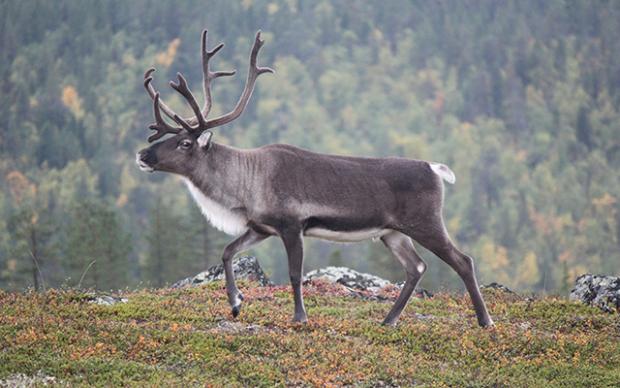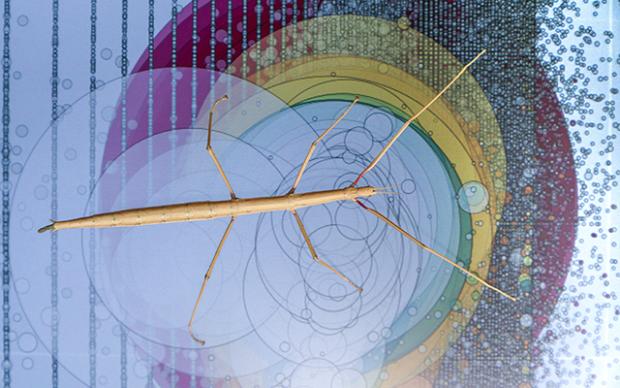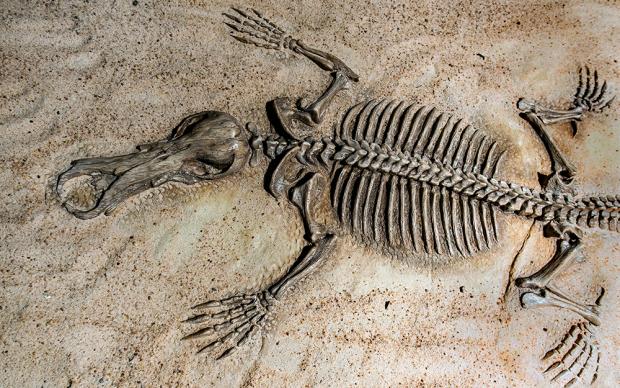Human-driven biodiversity declines started much earlier than previously thought: this is what a recent study led by researchers from Switzerland, Sweden and the UK points to. Using fossil records spanning millions of years, the team disentangled the most plausible causes for the diversity decline observed in large African carnivores. The scientists used computational approaches developed at SIB to identify pre-humans as the only plausible among the variables, which included climatic conditions. The study is published in Ecology Letters.
Disentangling 4-million-year-old ecological processes
Ancestral human populations were widespread throughout Eastern Africa over the last several million years, and during this period there were multiple animal extinctions.
“The African fossil record shows that there was a clear decrease in the number of large carnivores starting around 4 million years ago”, says co-author Lars Werdelin at the Swedish Museum of Natural History, who has been studying the carnivore fossil record of Africa for 25 years.
“Changes in the fossil record are often explained by changes in climate” explains Søren Faurby of the University of Gothenburg, co-lead author of the study. “However, climatic changes in Africa over the past few million years were relatively minor - until the onset of the human caused global warming - and our analyses of the fossil record show that climate change is not the main explanation for these extinctions
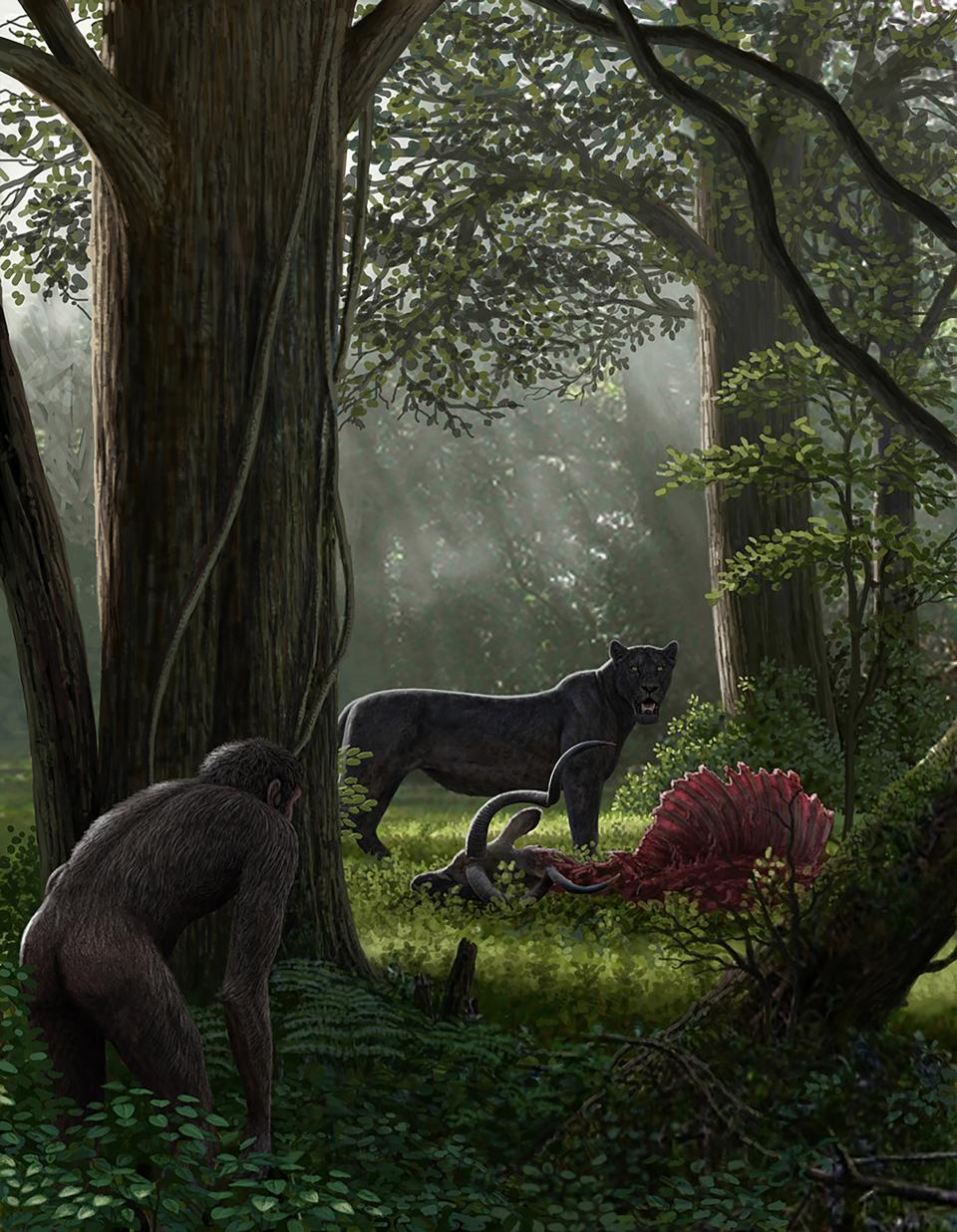
To disentangle between most possible causes of the extinctions, which include the evolution of the cognitive capacity of early humans (i.e. brain size), vegetation-, precipitation- and temperature changes, the team of researchers used methods and software developed by Daniele Silvestro, computational biologist at SIB, who co-led of the study. “Our analyses show that the best explanation for carnivore extinction in East Africa is not climatic changes but rather that these animals were in direct competition for food with our ancestors, the hominin lineage,” says Silvestro. But by which mechanism did these extinctions take place?
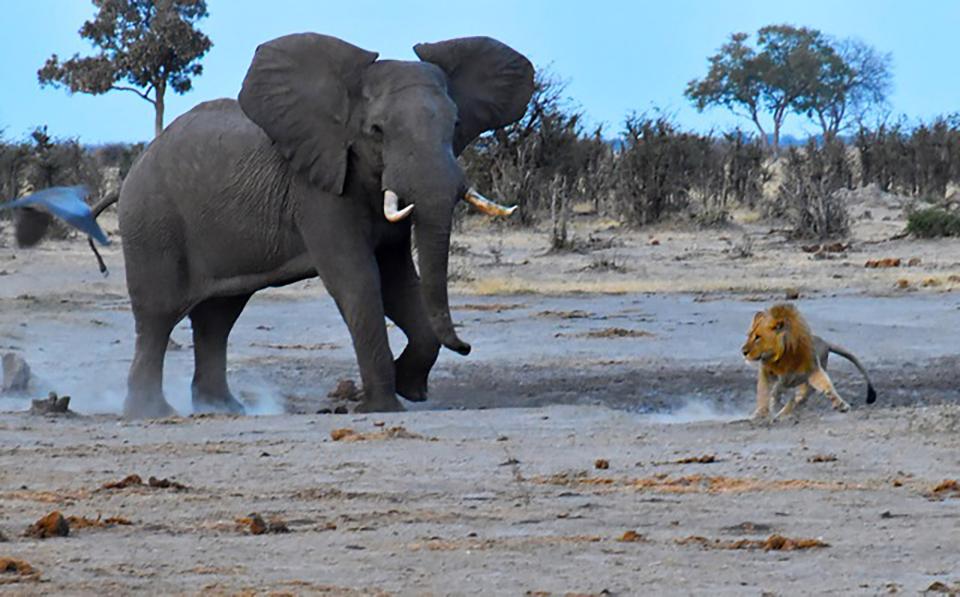
“We are now negatively impacting the world and the species that live in it more than ever before. But this does not mean that we used to live in true harmony with nature in the past.” concludes Faurby, “We are extremely successful in monopolizing resources today, and our results show that this may have also been the case with our ancestors. A classic quote from Spiderman is that ‘With great power comes great responsibility’ and we hope that our results can be used to motivate people to step up against the extinctions we are causing today. We hope this study helps people understand that monopolizing resources is a skill we and our ancestors have had for millions of years, but only now do we have the possibility to understand and modify our behavior to strive for a sustainable future.”
Reference(s)
Faurby S, Silvestro D et al. Brain expansion in early hominins predicts carnivore extinctions in East Africa. Ecology Letters 2020




